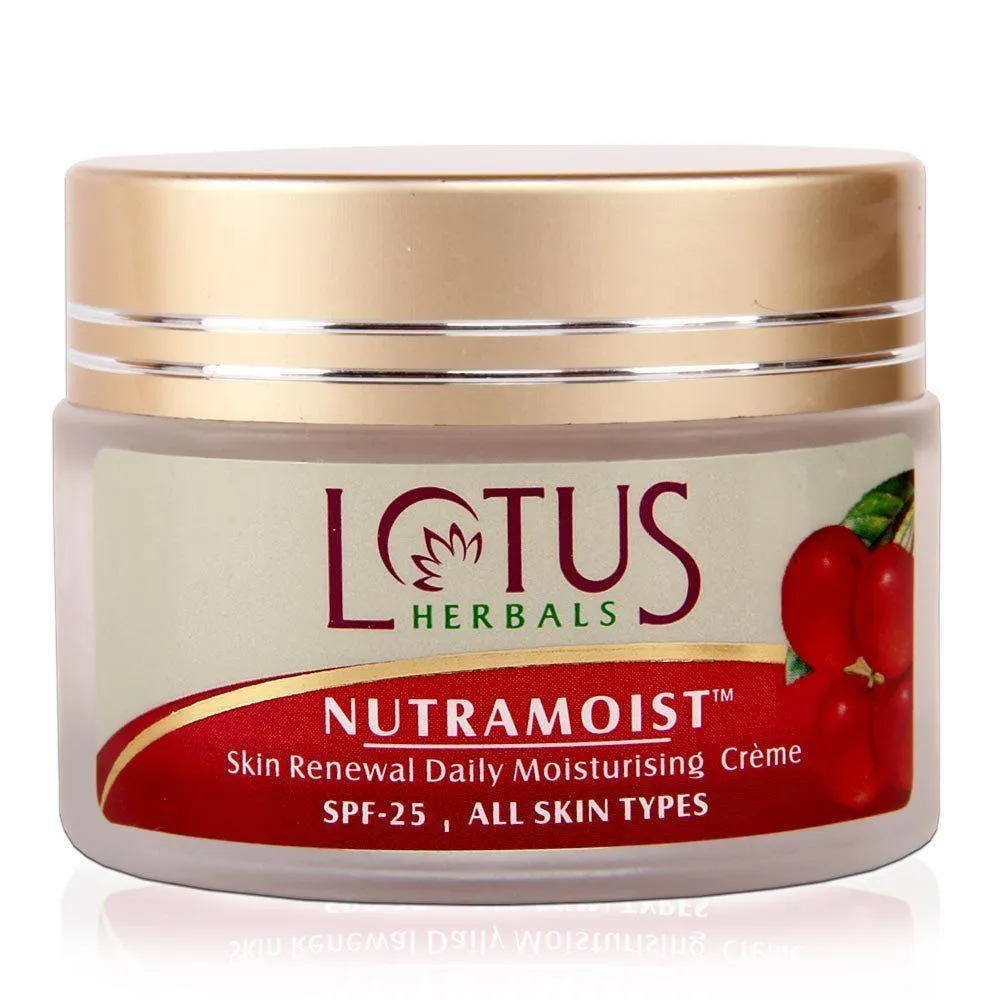What is Skin Whitening
Skin whitening, also known as skin lightening or bleaching, is a cosmetic process aimed at reducing the melanin pigment in the skin to give it a lighter appearance. This can be achieved through various methods, including the use of creams, lotions, serums, and other treatments. The popularity of skin whitening varies across different cultures and regions, with many individuals seeking to address issues such as uneven skin tone, hyperpigmentation, dark spots, and general dullness. The market for skin whitening products is substantial, especially in India, where a wide range of creams are readily available, each claiming to offer the best results. It is important to approach skin whitening with knowledge and caution, understanding the potential risks and ensuring the use of safe and effective products. Always consult with a dermatologist to determine the appropriate approach for your skin type and concerns, ensuring that you make informed decisions about the products you use.
Benefits of Skin Whitening Creams
Skin whitening creams offer a variety of potential benefits, primarily centered around improving skin appearance and addressing specific skin concerns. One of the most significant benefits is the reduction of hyperpigmentation, which includes dark spots, age spots, and other forms of uneven skin tone. These creams work by targeting melanin production, helping to fade existing dark areas and prevent new ones from forming. Many users also report improved skin texture and a more radiant complexion. Additionally, some skin whitening creams contain ingredients that offer protection against sun damage and reduce the visibility of scars and blemishes. It’s important to note that while these creams can offer noticeable improvements, the effectiveness can vary depending on the product’s ingredients, concentration, and individual skin characteristics. Consumers often experience a boost in confidence as their skin tone becomes more even and clear. Consulting with a dermatologist helps to navigate the choices and identify products that best suit your skin type and needs, maximizing the benefits while minimizing potential risks.
Top 5 Skin Whitening Creams in India
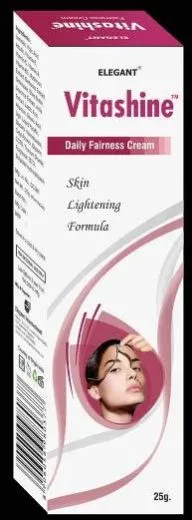
Choosing the right skin whitening cream in India can be a complex task, given the vast array of products available. This list aims to highlight some of the top-rated creams based on their ingredients, effectiveness, and user reviews. These creams often incorporate a blend of proven ingredients like vitamin C, kojic acid, arbutin, and niacinamide, which are known for their skin-lightening properties. Remember that individual results may vary, and it is essential to consider your skin type and any specific concerns before making a choice. Before starting any new skincare routine, consult a dermatologist to ensure that the selected cream is suitable for your skin and to avoid any adverse reactions. This guidance helps to navigate the market and identify the best skin whitening creams in India, helping you to achieve a brighter and more even complexion.
Cream 1 Features
Cream 1 distinguishes itself through its unique blend of ingredients and its targeted approach to skin whitening. This cream often features a combination of kojic acid and vitamin C, two potent ingredients recognized for their skin-lightening and antioxidant properties. Kojic acid helps to inhibit melanin production, reducing dark spots and uneven skin tone, while vitamin C boosts skin radiance and protects against environmental damage. Many users highlight the cream’s fast absorption and non-greasy texture, making it comfortable for daily use. The formulation is usually designed to be gentle yet effective, suitable for various skin types. Regular application of Cream 1 can lead to visible improvements in skin tone, reducing the appearance of hyperpigmentation and promoting a brighter, more even complexion. Always follow the manufacturer’s instructions and conduct a patch test before widespread use to ensure compatibility with your skin.
Cream 2 Features
Cream 2 is known for its specialized formulation, often focusing on reducing dark spots and brightening dull skin. This cream commonly includes ingredients like arbutin, which inhibits melanin production, and licorice extract, known for its anti-inflammatory and skin-lightening benefits. The cream’s texture is often designed to be rich and moisturizing, offering added hydration alongside its whitening properties. Users often report a noticeable reduction in the visibility of dark spots and an overall improvement in skin tone after regular use. Additionally, Cream 2 may contain sun protection factors (SPF), providing an added layer of defense against sun damage, which can worsen hyperpigmentation. This combination of ingredients and features makes Cream 2 a great option for individuals seeking to enhance their skin’s radiance and reduce dark spots. As with any skincare product, consistency is key to seeing the desired results, and it’s important to complement the cream with other skincare practices, such as regular exfoliation and sun protection.
Cream 3 Features
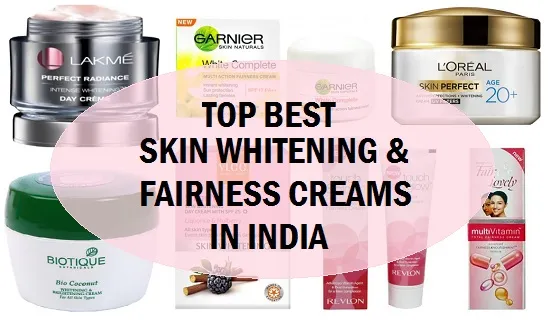
Cream 3 is often celebrated for its gentle formulation and suitability for sensitive skin. This cream usually incorporates ingredients like niacinamide, which helps to even out skin tone and reduce inflammation, and hyaluronic acid, which provides hydration. The focus of Cream 3 is usually on gradual and consistent results rather than immediate drastic changes. This approach minimizes the risk of irritation and adverse reactions, making it a preferred choice for those with sensitive skin. Many users praise its lightweight texture, which absorbs quickly without leaving a greasy residue. Regular application of Cream 3 can lead to a healthier and more radiant complexion, with a reduction in minor imperfections and an overall improvement in skin clarity. Remember, patience is key. Combining Cream 3 with other gentle skincare practices, such as using a mild cleanser and broad-spectrum sunscreen, enhances its effectiveness and contributes to a well-rounded skincare routine.
Cream 4 Features
Cream 4 stands out for its advanced formula, often incorporating cutting-edge ingredients designed to maximize skin-lightening benefits. This cream usually utilizes advanced formulations, potentially featuring peptides and specialized brightening agents. Many formulas target multiple skin concerns, including hyperpigmentation, uneven skin tone, and fine lines. The cream is often designed to penetrate deeply, delivering active ingredients to where they are most needed. Users may report dramatic results, including a brighter, more youthful complexion. Always do a patch test before widespread use and monitor your skin’s response to ensure the product is a good fit. To amplify the benefits, incorporate Cream 4 into a comprehensive skincare routine that includes gentle cleansing, regular exfoliation, and sun protection. Consistent use, combined with a healthy lifestyle, contributes to achieving the best possible results, and maintaining skin health long-term.
Cream 5 Features
Cream 5 is typically recognized for its holistic approach to skin whitening, often focusing on a blend of natural ingredients alongside scientific formulations. This cream frequently includes botanical extracts known for their skin-lightening properties, such as mulberry extract or bearberry extract, which are gentle yet effective. The texture is designed to be easily absorbed, providing moisture while promoting a brighter skin tone. The philosophy behind Cream 5 centers around creating a product that is both effective and gentle, suitable for continuous use. Users often value its commitment to natural ingredients, appreciating the emphasis on holistic skincare. Using Cream 5 regularly can result in a more radiant complexion, with visible improvements in skin clarity and a reduction in unevenness. Consistent use, combined with a healthy diet and adequate sun protection, ensures optimal results and a long-term improvement in skin health.
How to Choose the Right Skin Whitening Cream
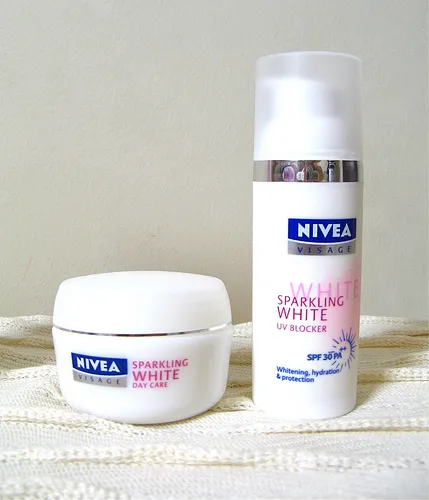
Choosing the right skin whitening cream involves careful consideration of your skin type, specific needs, and the ingredients in the product. First, identify your skin type—whether it is dry, oily, sensitive, or combination—and select a cream specifically formulated for it. Consider the ingredients; look for established skin-lightening agents like vitamin C, kojic acid, arbutin, and niacinamide, but avoid products with harsh chemicals that could cause irritation. Research the product reviews and ratings to gauge its effectiveness and the experiences of other users with similar skin concerns. Ensure the cream is from a reputable brand and is safe for use, checking for certifications and approvals. Consulting a dermatologist is highly recommended for personalized advice. This process helps you make an informed decision, ensuring the chosen cream meets your skin’s needs effectively and safely, ultimately leading to a brighter, healthier complexion.
Ingredients to Look For
When selecting a skin whitening cream, pay close attention to the ingredients list, as certain components are more effective and safer than others. Look for formulations that include vitamin C, a powerful antioxidant that brightens the skin and protects it from environmental damage. Kojic acid, derived from fungi, inhibits melanin production, helping to reduce dark spots and uneven skin tone. Arbutin, a natural derivative of hydroquinone, gradually lightens the skin by preventing melanin formation. Niacinamide, a form of vitamin B3, reduces inflammation and improves skin texture. Glycolic acid, an alpha-hydroxy acid, gently exfoliates the skin to remove dead cells, promoting a brighter complexion. Always select products that are free of harsh chemicals and potential allergens. Carefully examining the ingredient list allows you to select products that deliver the desired results and are safe for your skin.
Ingredients to Avoid
While searching for a skin whitening cream, it is essential to be aware of ingredients to avoid due to their potential side effects and risks. Avoid products that contain high concentrations of hydroquinone without a prescription, as it can cause ochronosis, a permanent darkening of the skin. Mercury, another dangerous ingredient, is often found in some unregulated creams; it can lead to severe health issues. Steroids, such as corticosteroids, can temporarily lighten the skin but can cause thinning, increased sensitivity, and other skin problems with long-term use. Harsh chemicals like parabens and sulfates may irritate the skin and cause allergic reactions. Carefully scrutinizing the ingredients list ensures that you avoid potentially harmful substances, reducing your risk of adverse reactions and ensuring your skin’s health and safety. Always consult a dermatologist if you are unsure about any ingredient or product.
Things to Consider Before Buying
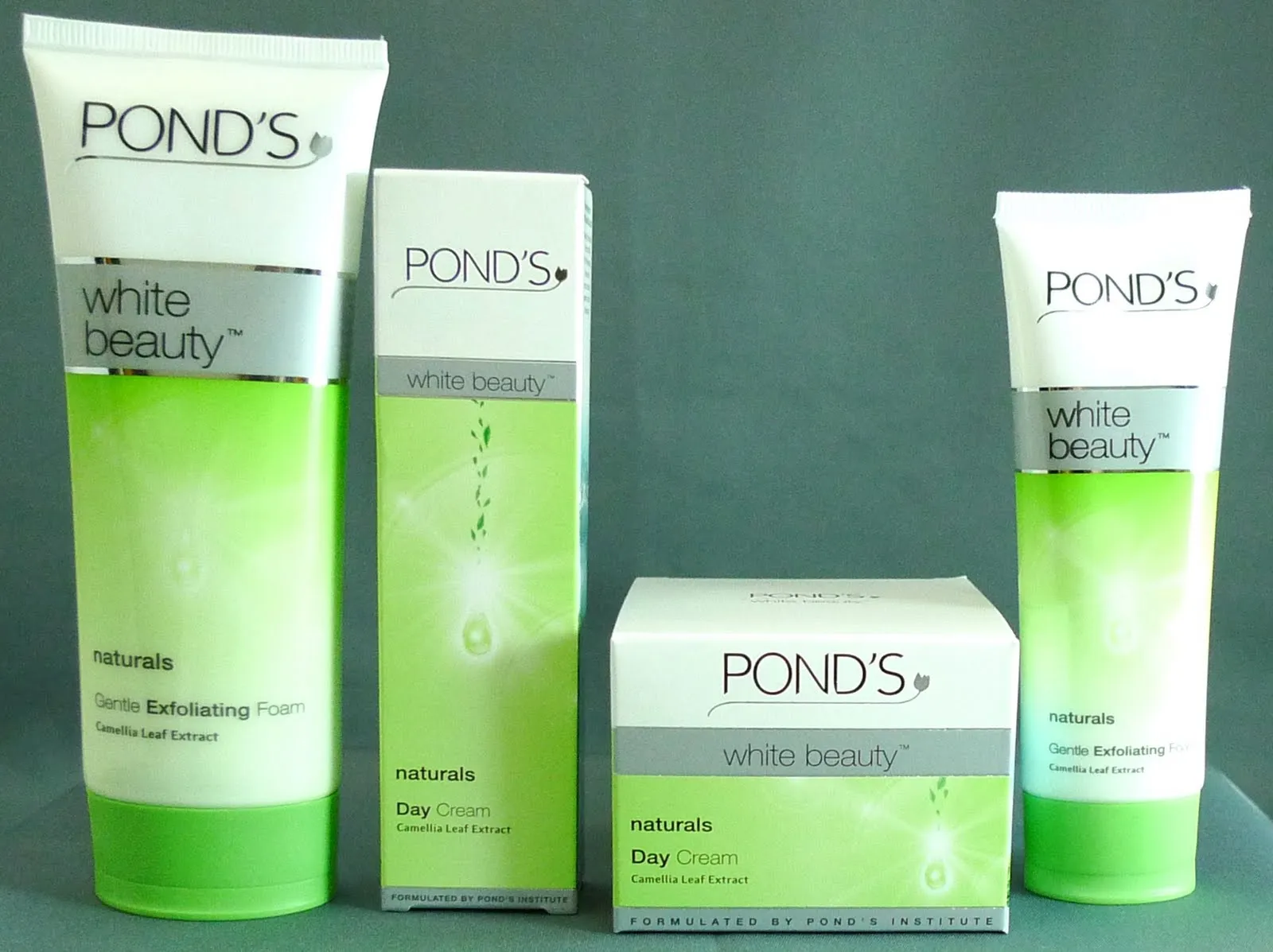
Before purchasing a skin whitening cream, several factors warrant your consideration to ensure you make a safe and effective choice. First, determine your skin type—whether it is oily, dry, sensitive, or combination—as this influences which product is most appropriate. Review the ingredients list, avoiding potentially harmful components such as high concentrations of hydroquinone, mercury, and steroids. Research the brand’s reputation and read user reviews to assess product effectiveness and safety. Conduct a patch test on a small area of skin to check for allergic reactions or irritation before applying the cream extensively. Consider the product’s SPF level, as sun protection is crucial in preventing further darkening. Seek advice from a dermatologist to get personalized guidance. Careful evaluation of these factors guarantees you choose a product that aligns with your skin’s needs and minimizes the risk of adverse effects.
Side Effects and Precautions
Using skin whitening creams involves potential side effects and precautions. Common side effects include skin irritation, redness, itching, and dryness, particularly with products containing harsh chemicals. Overuse or misuse of creams with high concentrations of active ingredients can lead to thinning of the skin, increased sensitivity to the sun, and the development of stretch marks. In rare cases, products containing hydroquinone can cause ochronosis, resulting in irreversible skin darkening. Always adhere to the product’s instructions, performing a patch test before widespread application. Limit sun exposure and use broad-spectrum sunscreen to protect your skin. Consult with a dermatologist if you experience any adverse reactions or are uncertain about a product’s safety. Being aware of these precautions ensures the safe use of skin whitening creams and minimizes risks, leading to healthier and more positive outcomes.
Frequently Asked Questions
Addressing the most common questions helps clarify the use of skin whitening creams. One frequent question is about the timeline of results; most creams require several weeks of consistent use to show noticeable improvements. Another common query is whether these creams are safe for all skin types; the answer is that it varies, and a dermatologist’s advice is highly recommended. People often ask about the role of sun protection; using sunscreen is essential to protect the skin and enhance the cream’s effectiveness. Another concern is regarding long-term use; it’s often best to use these creams for a limited period or as directed by a dermatologist. Regarding combining skin whitening creams with other skincare products, it is important to ensure that the ingredients are compatible and not overly irritating, and that you introduce new products gradually. These answers help users navigate the world of skin whitening creams more effectively, promoting informed decisions and responsible skincare practices.
